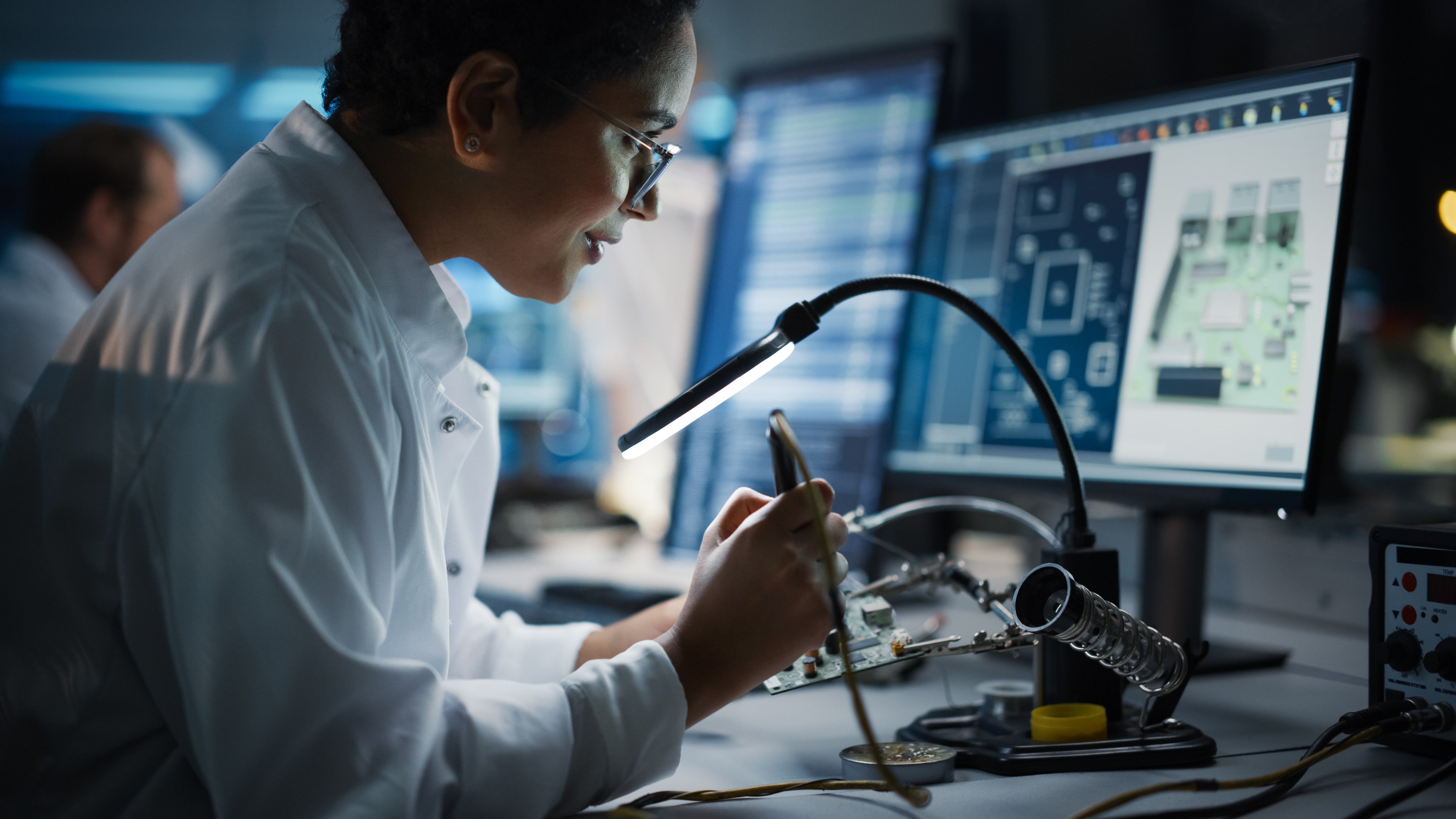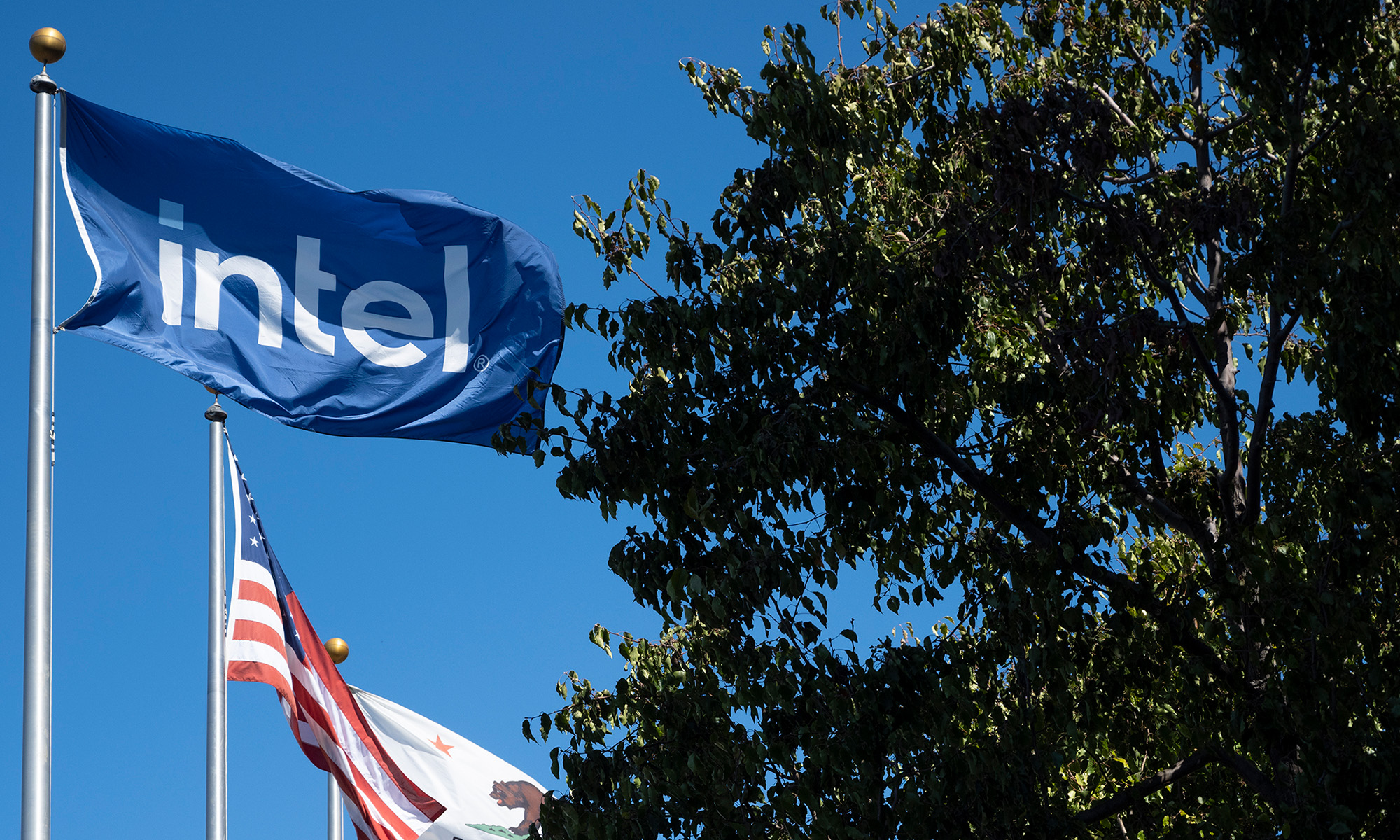At the start of last year, interest in artificial intelligence (AI) skyrocketed. The launch of OpenAI's ChatGPT in the lead-up to 2023 reignited interest in the generative technology, highlighting just how far AI had advanced. Since then, it's felt like nearly every big company, whether involved in tech or not, has tried to cash in on the boom by integrating AI into its business. The onslaught of AI services has made it feel like a trend that is sure to fade.
However, earnings seasons kicked off last month, with many companies beginning to see significant gains from the market. The growth is consistent with data from Grand View Research, which shows the AI market hit nearly $200 billion in spending in 2023 and is expected to expand at a compound annual growth rate of 37% through 2030. For reference, these projections would see the industry hit a valuation nearing $2 trillion.
Forecasts indicate AI is here to stay, and it's not too late to invest in the industry and profit from its long-term development. Many companies have barely scratched the surface of the technology and still have plenty to offer new investors.
Here are two AI stocks that could go parabolic.
1. Intel
Intel (INTC +2.52%) has hit more than a few roadblocks in recent years, with its stock down 25% since 2019. The company was once the biggest name in chips, with more than 80% of the central processing unit (CPU) market in 2016 and a lucrative role as the exclusive supplier of chips for Apple's (AAPL 1.23%) Mac lineup.
However, increased competition has seen Intel's CPU share fall to 64%. Meanwhile, the boom in AI has shifted market demand from CPUs to graphics processing units (GPUs), making Intel rethink its business model. Additionally, the company ended its multi-year partnership with Apple in 2020.
Intel's business has seemingly been in a freefall over the last five years. However, recent moves have seen the company gradually turn things around, and could lead its stock to skyrocket over the long term.

NASDAQ: INTC
Key Data Points
Last year, Intel announced a plan to restructure by transitioning to a foundry model specializing in manufacturing. The company expects the new model to save up to $10 billion by 2025 and help it achieve non-GAAP (adjusted) gross margins of 60%.
Additionally, the tech giant launched a new line of AI chips in April, unveiling its Gaudi3 AI accelerator. Intel says the chips beat Nvidia's GPUs by 50% in inference and 40% in power efficiency.
Intel posted its earnings for the first quarter of 2024 on April 25, with revenue rising 9% year over year to $13 billion. The company has yet to see a significant return on its investment in AI, but the combination of switching to a foundry model and AI appears to be moving Intel in the right direction. From Q4 2023 to Q1 2024, Intel's free cash flow increased by $2 billion, from a negative $14 billion to a negative $12 billion.
It'll take time, but patient investors could be in for a big payday as Intel continues to rebuild its business. And with a price-to-sales ratio of 2, compared to Nvidia's 37 and Advanced Micro Devices' 11, Intel is potentially the best-valued chip stock.
2. Apple
Apple has featured in countless headlines over the last week thanks to its expanding position in AI. The iPhone maker has taken a backseat to many of its peers in the industry over the last year, with companies like Microsoft and Amazon going full force with their AI ventures. In true Apple fashion, the company has watched the competition while quietly working on its own AI offerings. However, the tech giant appears to be readying itself to become a major payer in AI.
Apple unveiled its latest iPad Pro on May 7, revealing the first device with its M4 processors. The new chip is the company's most powerful yet, enabling a range of AI capabilities. The launch appeared to preview what Apple will present at its Worldwide Developers Conference in June, where the company is expected to announce a range of new AI-powered software features.

NASDAQ: AAPL
Key Data Points
Moreover, Bloomberg reported on May 9 that Apple will deliver its new AI features through data centers powered by its own in-house chips. The move could allow the company to reduce costs by using its own hardware and see it offer competitive AI services with the advantage of designing all parts of its network.
On May 2, Apple rallied investors with news that it authorized buying back $110 billion in stock, the largest buyback in history. The move is potentially a vote of confidence from executives who believe in the company's financial future, strengthening its outlook.
Apple's forward price-to-earnings ratio of 28 means its stock isn't exactly a bargain. However, it offers significantly more value than AI rivals Microsoft and Amazon, with their forward P/Es at 35 and 41.
Apple didn't get a head start in AI, but I wouldn't bet against its stock going parabolic over the long term.








